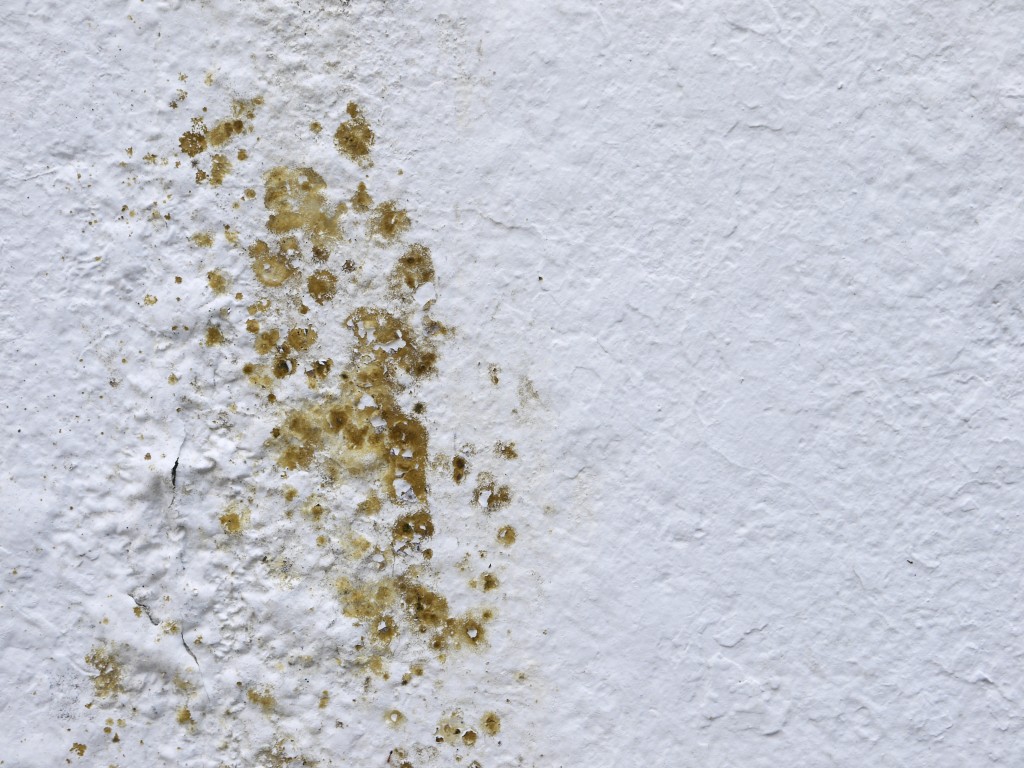Molds can be dangerous, especially if you get exposed to it for long periods every single day. But what does it exactly do to a person’s body, and how can you distinguish it?
Experts say that there are a few mold varieties that produce mycotoxins into the air, which causes some people to experience mild symptoms such as sneezing and nose irritation. However, others experience much more severe symptoms such as breathing problems as well as headaches. Some even suffer from permanent neurological illness because of it, too.
So, whether you’re allergic to these minute particles or not, it’s crucial to learn what you can do to help fight the problem and manage it before it’s too late.
Are you at risk of mold allergy?
Not everyone has an allergy to molds. But for those who do, slightly inhaling its spores can cause them to sneeze and have a runny nose. Some even develop rashes on their skin as well as redness on the eyes. People diagnosed with asthma can also suffer from asthma attacks because of it, too. But aside from people who have asthma, others are also sensitive to mold exposure.
A few people who can be susceptible to mold are babies as well as toddlers. Also, those who are in their golden years are prone to it, too. Those who suffer from autoimmune diseases such as cancer and HIV can also experience the effects of mold infestation.
Signs of mold infestation

You can sometimes easily see mold infestation by looking at your kitchen sink or even the ceiling. But there are times when these tiny critters can be elusive that it’s almost impossible to trace it until it’s too late. But how can you tell if you have mold infestation already?
One of the signs that you need to be aware of is the smell of your AC unit. Although having a home air purifier system from St. George can help, you still need to be alert on your surroundings so that you can trace the source of the foul odor.
Remember that AC units are an ideal space for mold growth. Since it’s always damp and gets exposed to higher temperatures, it becomes a haven for all types of mold. So that you can keep these molds at bay, calling an HVAC professional for regular checkups can help.
But it’s not just your AC unit that’s at risk of mold growth. Your bathroom is also prone to it, too.
Since your bathroom regularly gets exposed to moisture, it’s often becoming to be another perfect spot for the mold to grow. And even though most of these molds are harmless, sometimes neglecting this problem can cause it to become much worse. So, before it goes out of hand, brushing every surface can help prevent them from spreading.
Mold infestation can be a huge problem. That’s why it’s a must to be aware of your surroundings so that you can control its growth. If you feel like it’s already beyond your control, then calling in the experts is the best solution.


